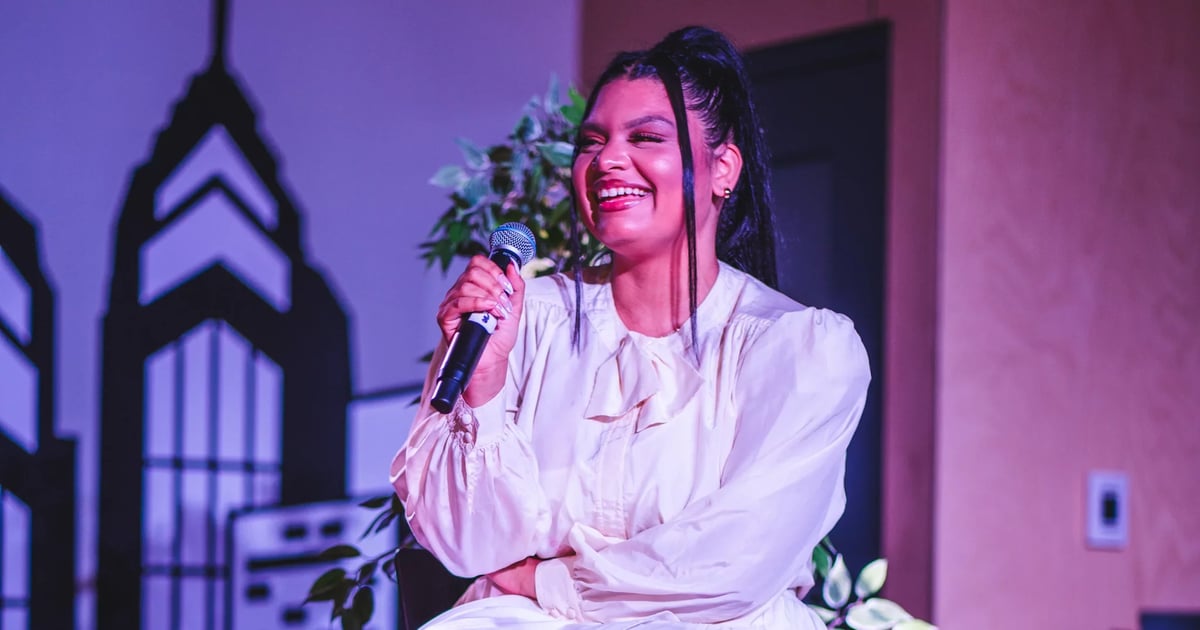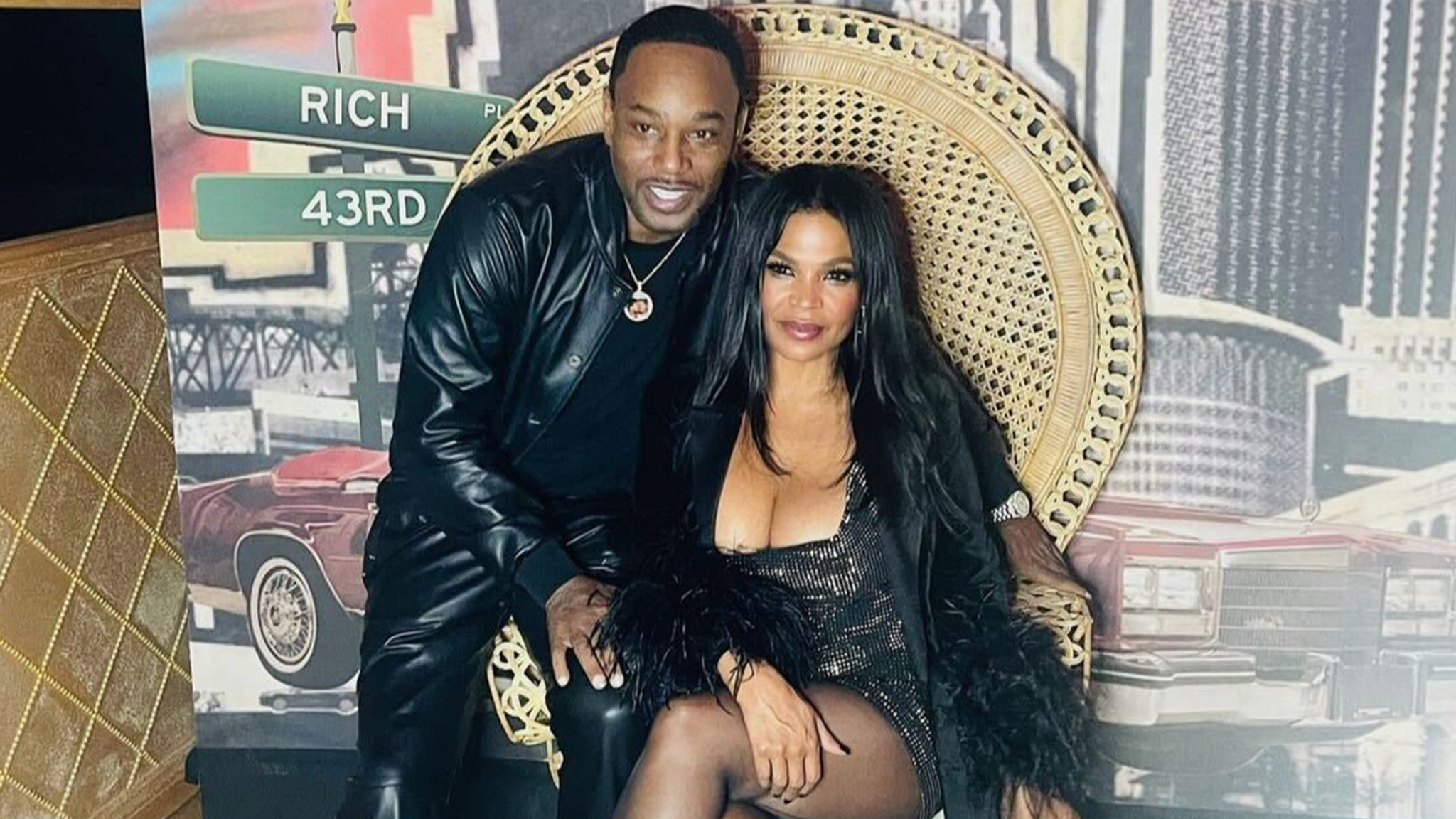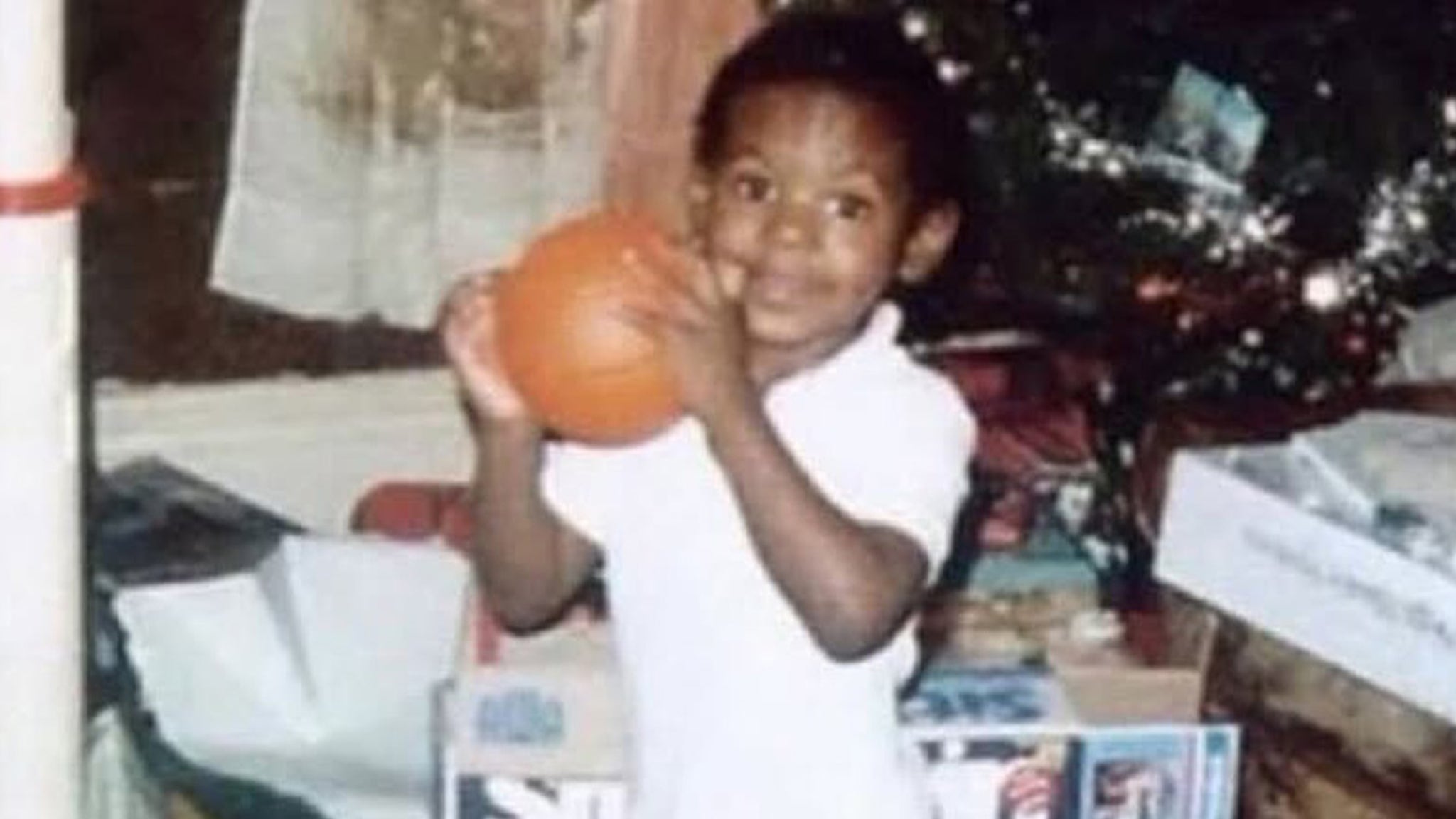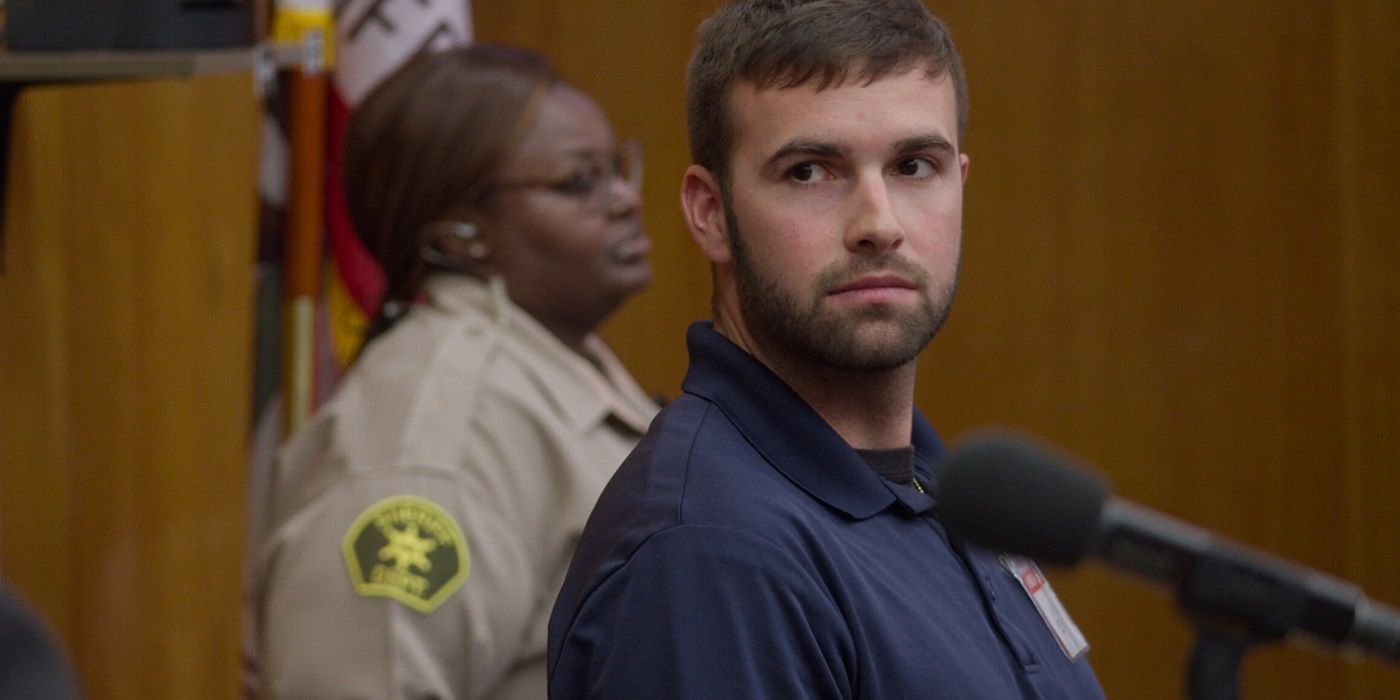If you’ve ever read about Dominican dembow, chances are you’ve read Jennifer Mota’s work. Mota has become one of the quintessential historians of Dominican dembow music, penning the first history and timeline of the genre and archiving notable artists and moments in dembow. She’s managed artists, started a podcast, interviewed some of the most prominent Latinx artists in the world, created her own clothing brand, and even tried to be a Disney Channel kid. The bodega baby from Philadelphia is out here putting on for her city and her people in more ways than one.
Mota inherited her interest in music and writing from her father, a journalist who she says encouraged her to write in a way that changed minds and to be aware of the corrupting force of the media. “It was almost like he low-key coerced me into being a journalist just like him,” Mota says with a laugh. “That really planted the seed when I was little.”
While studying at Philadelphia Community College and Temple University, she began creating and altering her own clothes. Eventually, it opened doors in the Philly music scene. “I started interning for music brands and working closely with the creatives that were coming up at the time,” Mota says.
When an Instagram friend reached out on the day of her college graduation, she had no idea she would be offered the job that would give her the resources to make history. “I got a DM from a follower of mine. . . . She was like, ‘Hey, are you done with school?’ I was like, ‘Yeah.’ And she was like, ‘Do you have a job?’ And I was like, ‘No.’ She was like, ‘My boss wants to interview you.’ It was for People Chica . . . that was my first big-girl job.”
“I had no idea it was never intentionally put together in a timeline . . . I had to watch 40 to 50 interviews to put the timelines together.”
When Mota realized her colleagues had never heard of Dominican dembow, it was decided that a deep dive on the subject was in order. What was supposed to be a quick article turned into a project that spanned over four months. Mota even moved to DR to be closer to the scene and to better understand the ecosystem. “I had no idea it was never intentionally put together in a timeline . . . I had to watch 40 to 50 interviews to put the timelines together,” Mota says. “[I had to] see when songs were dropped, what Dominican society was like, also what the politics looked like at the time and how it was affecting music. Also the intersections of gender, queerness, and sexuality and how all [those] things played a role in the evolution.”
At the same time, she stepped in as a digital assistant, creating the space for “urbano” (now called “El Movimiento”) and Afro-Latinidad content. “One of the first people I interviewed was Ivy Queen. That was just a moment, I was like, ‘Hell yeah, I’m meant to be here,'” Mota adds. Her article resulted in a column for Remezcla titled Si Tú Quiere Dembow, named after the song by Pablo Piddy. There, she would investigate the nuances and alternate realities of dembow, bringing queer and nonbinary dembow artists like La Delfi into the discourse.
“My biggest question was: how is it that the DR has so much cultural weight in music but we have no visibility outside of that weight?”
“My biggest question was: how is it that the DR has so much cultural weight in music but we have no visibility outside of that weight?” she says. “I started questioning a lot of things: why were our artists brainwashed into thinking that their Dominican Spanish wasn’t good enough to create music internationally?” Along with fellow music historian Katelina Eccleston, Mota cohosts reggaeton podcast “Dímelo Cantando,” where they interview artists about race, class, and gender within Latinidad.
With bylines in Rolling Stone, Vibe, GQ Middle East, Pitchfork, and Teen Vogue, Mota has proved to be a force in reporting on Latin music, as well as El Movimiento specifically. But she doesn’t want to stop there. With her business partner, she created El Recap, a multimedia storytelling and creative agency where she works with artists and pitches their music to get them press and playlisted. “Right now, my main focus is really pushing El Recap into doing more storytelling content,” Mota says. “One franchise that I started was ‘This Is How,’ and it breaks down the story behind a song. It could be any song any year . . . I’m looking forward to highlighting more people moving forward. I hope to create more space for Latine artists with the platform, and I hope to also keep having conversations about Dominicanidad and identity and the way we influence culture.”
You can view the original article HERE.


















:quality(85):upscale()/2023/08/01/867/n/1922398/728f8d2664c961cd427ed8.24184466_.jpg)












